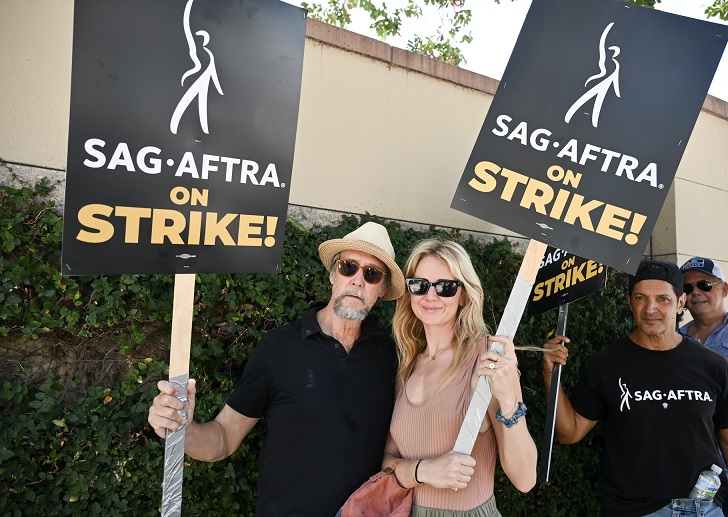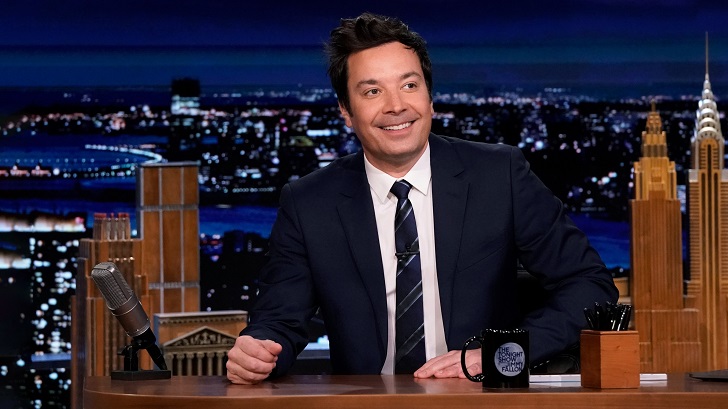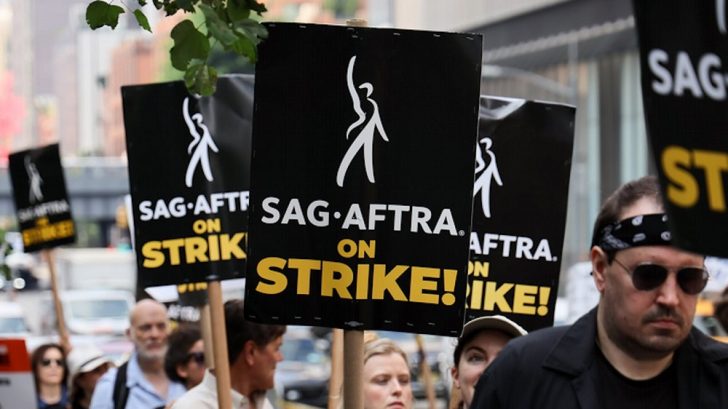In the glitzy world of Hollywood, where stars shine and stories come to life, a storm is brewing. It’s called a strike, and it’s making waves in Tinseltown. The entertainment industry is in turmoil, from A-list actors to writers pounding the pavement.
In this article, we’ll take a deep dive into the Hollywood strikes of 2023, exploring the key players, the critical issues at hand, and the ripple effects felt across the globe.
The Writers Guild of America Takes the First Step
In May 2023, the Writers Guild of America (WGA) raised its voice, representing 11,500 screenwriters, and went on strike. Their gripe? An ongoing feud with the Alliance of Motion Picture and Television Producers (AMPTP) over the residuals the money writers earn from streaming networks.

The WGA argues that the AMPTP’s share of these residuals has drastically slashed writers’ incomes compared to a decade ago. But here’s the twist: there are agreements in place that guarantee a minimum wage for television and film writers. However, these agreements only cover those writing for broadcast television, leaving streaming television writers in the lurch.
These writers often receive less for the same amount of work when negotiating their pay individually. These agreements expired in June, paving the way for strikes and heated renegotiations. According to the WGA, half of TV series writers now toil for minimum wages, a stark increase from one-third in 2013-14.
Median pay for higher-level writers/producers has dropped four percent over the past decade. And then there’s the ominous shadow of artificial intelligence (AI): writers demand that tools like ChatGPT should assist with research or script ideas but not replace human writers entirely. AMPTP claims to have offered “generous increases in compensation,” but a deal remains elusive.
Enter the Actors: SAG-AFTRA Strikes Too
July saw another bombshell as the Screen Actors Guild – American Federation of Television and Radio Artists (SAG-AFTRA) joined the picket lines, marking the first simultaneous strike by actors and writers since 1960. Their bone of contention? Residuals, once again.
Actors want fair pay for re-runs of TV shows and films on streaming services, with demands based on viewership levels. The studios, including giants like Netflix and Amazon, are playing coy with this data.

AI rears its digital head again. The ownership of an actor’s likeness, if replicated by AI, stands as a pivotal negotiation point.
The Stars Align in Solidarity
Hollywood’s brightest stars aren’t just twinkling in the sky but marching on the streets. A SAG-AFTRA strike letter boasts signatures from luminaries like Meryl Streep, Jennifer Lawrence, Charlize Theron, Joaquin Phoenix, Jamie Lee Curtis, and Ewan McGregor. George Clooney, calling the strikes an “inflection point,” emphasizes the need for change to ensure the industry’s survival.
The support extends beyond the picket line: John Cusack and Mark Ruffalo rally behind the cause. From Allison Janney to Rosario Dawson, Susan Sarandon to Olivia Wilde, the solidarity is unwavering, with every US actor embracing the action.
Even across the pond, British stars like Brian Cox, Imelda Staunton, Naomie Harris, and Simon Pegg lead a demonstration in Leicester Square in support of the US strikers. Brian Cox highlights the importance of health services for SAG actors, emphasizing their need for residuals.
Stars unite to raise funds for striking crew members through an eBay auction. The lots include a pottery session with Busy Phillips, a custom mural by Lena Dunham, and 20 questions with Maggie Gyllenhaal.

The Production Quagmire
Lights, camera, strike! Late-night talk and sketch shows, including Jimmy Fallon’s Tonight Show, Jimmy Kimmel Live, and Stephen Colbert’s Late Show, grind to a halt without their teams of writers. Saturday Night Live follows suit, airing reruns.
The Emmys have been delayed, and other award shows might follow suit if the strikes persist. Fall film festivals like Telluride and Toronto are poised for a star-power shortage.
The autumn TV season faces delays since writing typically commences in May or June. Actors can’t promote their films and shows on social media or through interviews, further affecting release dates. Indie films seek waivers from SAG-AFTRA to showcase at festivals, and the union is considering these requests.
The UK Connection
Across the pond, Equity, the UK actors’ union, stands in unwavering solidarity with the strikes. Major US film filming in the UK, like Deadpool 3 and Tim Burton’s Beetlejuice sequel, faces disruptions.
TV shows in production, such as “Andor and The Sandman,” and Eddie Redmayne’s “The Day of the Jackal,” hang in the balance. In the sprawling world of Hollywood, where dreams are scripted and destinies are projected on the silver screen, the strikes have cast a long shadow.
As negotiations continue and stars stand their ground, the entertainment industry faces a profound transformation. It’s a tale of determination, resilience, and the enduring quest for a fair share of the limelight.




